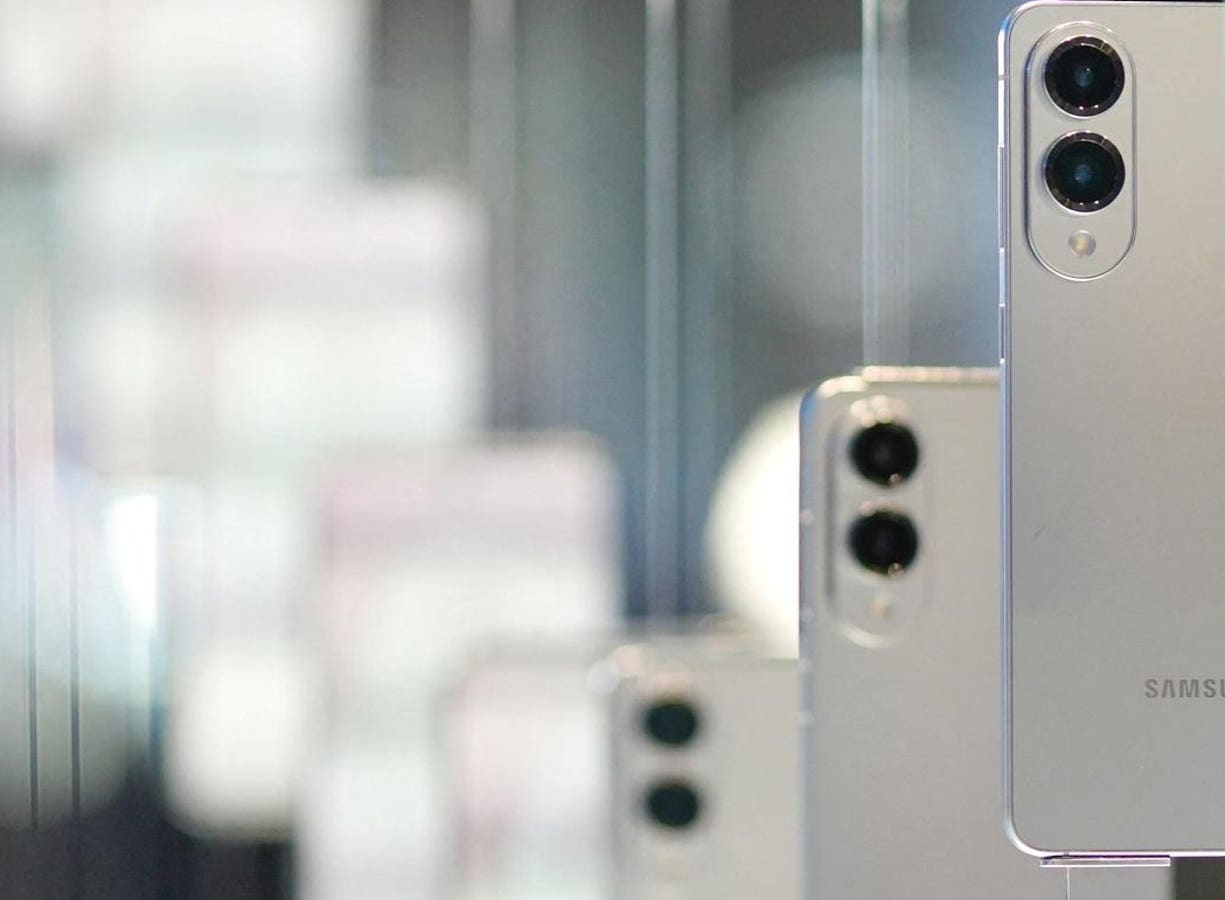Jealousy can be seen as emotional metadata. It is its own emotion, yes, but also a message carrier for deeper and shier emotions that struggle to make it to the surface.
getty
Feeling jealous in a romantic relationship is not a moral failing. Thanks to the social baggage jealousy carries, most of us are taught to push it down, talk ourselves out of it or, on the harder days, pretend it isn’t happening at all and move on.
But jealousy, when viewed through a scientific lens, is neither a flaw nor any kind of deficit. It’s an evolved signal we receive from our nervous system alerting us to something important. And when we learn to understand that signal, we allow ourselves to experience the full spectrum of human emotions.
As a result, jealousy stops being a source of conflict and becomes a surprisingly clear doorway into one’s hidden needs, boundaries and attachment patterns that may require some tending.
In fact, jealousy often contains information that is not only useful but essential for building a secure relationship. Here are three hidden messages that often manifest in the form of romantic jealousy.
1. Jealousy Is A Suppressed Need Wanting To Be Heard
Researchers emphasize that emotions aren’t just reactions to external events, but also attempts from our nervous system to protect our deeper relational and survival needs. In short, they are signals about what matters most to you in a given situation.
A 2023 study testing Ekman’s basic emotion model reinforces this: people rarely agree on what exact emotion is being expressed by a person at any point in time, even when they are emotionally skilled. The study highlighted, in particular, that people with higher levels of alexithymia — the inability to recognize or describe one’s own emotions — often defaulted to broad, simplified labels, often negative ones.
In other words, emotional experiences in daily life are far too nuanced to fit neatly into rigid categories like “anger,” “fear” or even just pure “jealousy.” And when we can’t identify the specific need beneath an emotion, we grab the closest available label. So, what you call “jealousy” may actually be your mind flagging a deeper, unspoken need.
That’s why it helps to pause at the first spark of jealousy and ask: “What, specifically, do I fear losing at this moment in time?” The fear embedded in jealousy often points to one of three core needs:
- The need for emotional safety
- The need for visible commitment
- The need for prioritization
Most of us sense these needs long before we voice them. We hint, hope and assume, and when the need goes unmet, jealousy steps in as the emotional placeholder. When you understand the driving force behind it, jealousy becomes an invitation to start repairing the part of the relationship that is ruptured, instead of a weapon that creates new ones.
2. Jealousy Is A Call For Clearer Boundaries
Jealousy often shows up exactly when a couple’s relational dynamic begins to feel ambiguous. This ambiguity could be a combination of fuzzy intentions, unspoken expectations or even suspicions inherited from past relationships. Implicit boundaries (the ones that are felt or assumed but never really openly talked about) are one of the leading factors of conflict in a relationship.
An interesting 2024 qualitative study found that the way people interpret jealousy is shaped by the clarity of their relationship agreements. Monogamous women, who tend to rely on implicit, culturally inherited boundaries, often make sense of jealousy as something triggered by their partner’s behaviour (for example, an ambiguous crossing of an unspoken line.)
Meanwhile, women in consensual non-monogamous arrangements, whose relationships require ongoing, explicit boundary negotiation, were far more likely to interpret jealousy as a signal pointing them toward a conversation or an unmet need, rather than as evidence of wrongdoing.
In short, the clearer the expression of boundaries in a relationship, the more accurate the appraisal of one’s own or partner’s source of jealousy. For instance, saying, “This level of emotional intimacy with a colleague feels more than friendly to me,” is not necessarily an attempt to police a partner; it might just be an effort to clarify a blurred boundary.
In fact, sometimes, jealousy can be dealt with not by creating a new boundary, but just updating an old one. Over time, the evolution of boundaries comes to reflect the evolution of the relationship and the people in it.
3. Jealousy Is The Cry Of An Old Wound Being Reopened
This is possibly the most misunderstood dimension of jealousy. Not all jealousy belongs to the moment it was triggered. Sometimes, it stems from an earlier relational wound that’s been reopened by something small in the present.
Attachment researchers established that our earliest experiences of safety and responsiveness shape how sensitive we become to potential relational threat. More recent findings build on this, with studies showing that attachment anxiety strongly predicts jealousy. This link is intensified when a person has low self-differentiation.
People with low self-differentiation struggle to stay emotionally grounded and separate the past from the present. In these moments, the nervous system isn’t responding to what your partner just did. In reality, it could be responding to something that someone else once did in a previous relationship, or what your partner might have done in the past.
When you see your partner being distracted, laughing with someone else or delaying a text, it can immediately provoke a reaction that feels disproportionately intense. This is because it may be brushing against an older fear, such as:
- A betrayal you never fully healed from
- A caregiver who was inconsistent
- A childhood moment of feeling replaced
- A previous partner’s infidelity
- A long-held fear of not being “enough”
The problem is that our nervous system can’t always tell the difference between then and now. A powerful question to ask yourself in these moments, then, is: Is this reaction familiar? Does it remind me of something earlier in my life? Jealousy isn’t always a sign that your partner has done something wrong, even if your answer to this question is “yes.” All you need to do is listen carefully to the part of you that’s begging for your attention.
While you are at it, remember that it’s impossible to eliminate jealousy from your emotional spectrum altogether. That would be somewhat like trying to eliminate hunger from the list of things you can feel — which is biologically impossible. Instead, the goal should be to develop a relationship of compassion with your jealousy.
Has jealousy formed a wedge between you and your partner? Take this science-backed test to find out: Emotional Jealousy Scale









